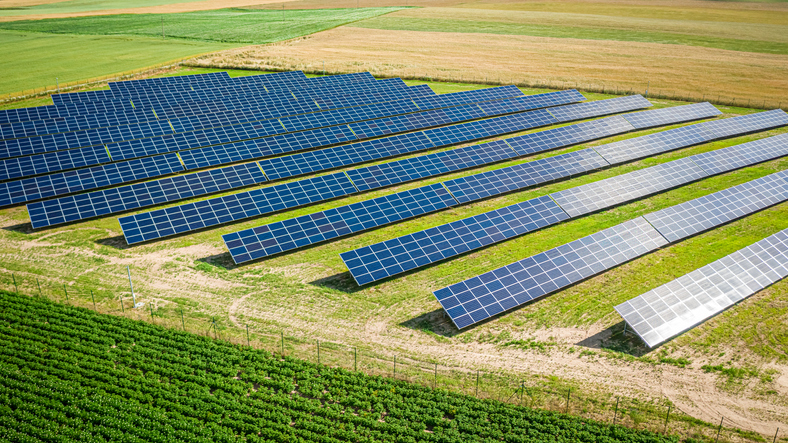A planning inspector appointed by the Secretary of State for communities and local government has on 13 February 2023 granted an appeal against refusal of planning permission, and so permitting a substantial solar PV electricity generating scheme near Bramley in north Hampshire.
Michael Higgin (Partner and Head of the Strategic Land Contracts team) Hazel Eccles (Partner and Head of Agriculture and Rural Land) and Lauren Walker (Associate Solicitor) acted in 2020 for clients on the grant of options for the development of solar farms on their land near Bramley in North Hampshire. The scheme, promoted by Bramley Solar Limited, has now been approved by a planning inspector on appeal, for a 45MW scheme on 85 Ha of land.
The inspector’s assessment makes very interesting reading, and thoughtfully balances the visual impact of such a scheme on the locality against the national urgency to approve alternative energy generation schemes.
https://www.bramley-pc.gov.uk/planning-appeal-decision-solar-farm-minchens-lane/
It carefully assesses the context of the site as to its aspect and the impact on views from nearby dwellings, the modest physical impact of such a scheme upon the land (as to height, weight, no material change to public access, nor material amenity loss, limited impact upon water absorption levels etc) and the retention of existing trees and further planting mitigation and 100% biodiversity net gain that the scheme has had designed into it. The original application had many objections made to it by consultees, but the inspector concluded that appropriate detailed conitions on the planning permission would appropriately address those which were material.
The site is relatively near to the Roman settlement at Silchester, but the inspector concluded that the gain of learnings from the archaeological investigation that the planning consent would require, would outweigh the potential adverse effects of the installations, which tend to be shallow and not likely to be damaging to any buried remains.
With the need for greater use of energy derived from non-fossil fuel sources, the reasoning in the inspector’s decision is worth considering by anybody who is interested in promoting such schemes.

